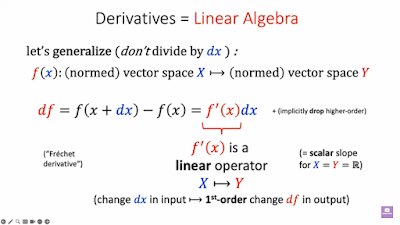Men of Ideas - Bryan Magee Interviews Noam Chomsky
This introduction of Magee's reminds me of a conversation I once had, (if you can call two people each making one statement a conversation) with Conor Houghton in the HEP group coffee room once around 1999.
Subscribe to Philosophy Overdose.
My mother sent me this reply on July 10, 2022:
Hi Ian
I'm afraid your long, technical message is way beyond my comprehension!
I only heard the very end of a Chomsky interview on a Cape Talk radio show and have no means of replaying the whole myself.
I imagined it would have been about the political rather than the technical aspects of elections. I was impressed that the radio presenter had managed to interview someone of Chomsky's calibre on his programme.
We're having very cold weather
here and daily chores dominate the 50 percent of the day not affected by electricity blackouts.
Love Mum
On 07 Jul 2022 5:15 AM, "eternal Doorman" <....> wrote:
Hi Mum,
Was it things like the electoral colleges that he talked about, or lower level problems like purging voters registers? In 2014 I wrote a bit about the potential problems in electoral systems here: https://livelogic.blogspot.com/2014/09/the-free-fair-and-forged.html
Love
Ian
See Lila Hart - American History of Voter Fraud and just search YouTube for "American Voter Fraud"!
Conor and I had been talking about this film which I had just watched at The Cambridge Art House cinema, I think. In it Chomsky himself makes a statement to the effect of Magee's introduction.
Subscribe to Encore +.
On the growth of "languaging" in human societies, see Humberto R. Maturana and Francisco J. Varela's book The Tree of Knowledge:
"Knowing how we know" is the subject of this book. Its authors present a new view of cognition that has important social and ethical implications, for, they assert, the only world we humans can have is the one we create together through the actions of our coexistence. Written for a general audience as well as for students, scholars, and scientists and abundantly illustrated with examples from biology, linguistics, and new social and cultural phenomena, this revised edition includes a new afterword by Dr. Varela, in which he discusses the effect the book has had in the years since its first publication.
The connection between language and media that Chomsky doesn't acknowledge is made clear in this essay by R. Hallowell: Humberto Maturana and Francisco Varela's Contribution to Media Ecology:
Media and communications technologies play an important role in the bringing forth of worlds in today’s global village as humanity stands on the precipice of unprecedented possible catastrophes. Ethical approaches to biology that help enhance our natural abilities for empathy and love coupled with the intelligent use of media and communications technology can serve as potent remedies to the many destructive tendencies that characterize our postmodern dominator culture, which clings to outmoded views about the nature of power relations among humans, humans’ relationship to the natural world, and the ultimate nature of reality.



Comments
Post a Comment